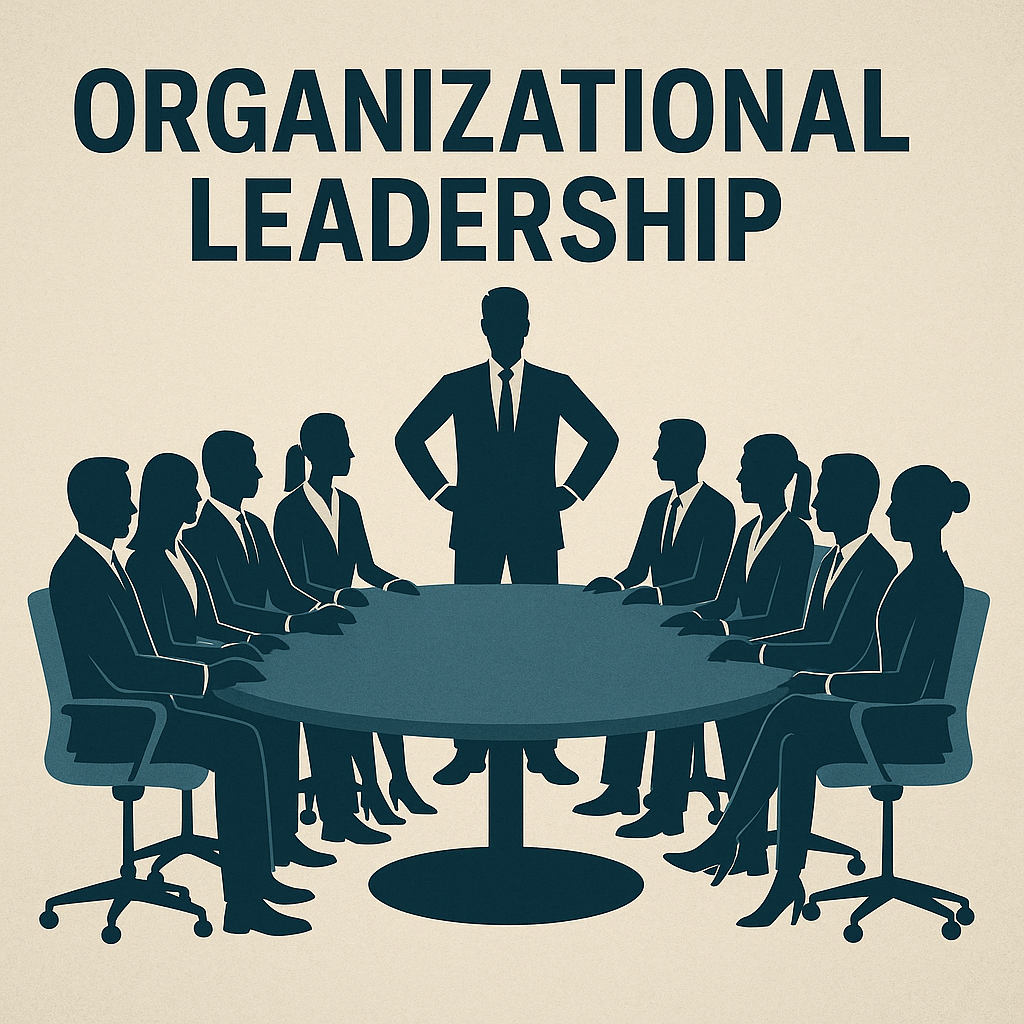In today’s rapidly evolving global marketplace, the imperative for diversity at the executive is critical. Diversity, encompassing a broad spectrum of backgrounds, experiences, and perspectives, is a key driver of innovation and equity within the corporate world. It not only enriches decision-making processes but also mirrors the multifaceted nature of global customer bases, thereby enhancing corporate resilience and competitiveness. Despite the clear advantages, the journey toward achieving meaningful representation of diverse groups in leadership roles remains an uphill battle.
Persistent underrepresentation of women, people of color, LGBTQ+ individuals, and other marginalized groups in executive positions underscores a systemic challenge that many organizations continue to face. This gap highlights not just a moral oversight but a missed opportunity for businesses to tap into the full spectrum of human potential and insight. This review of companies who are engaging the strategies to break down these barriers uncovers the transformative impact of executive diversity on the corporate landscape.
National Leaders in Diversity Initiatives
Google: Championing Diversity in Tech
Google has been at the forefront of diversity and inclusion, implementing programs to increase representation among leadership. Through targeted mentorship and promotion strategies, Google has made notable strides in fostering executive diversity, showcasing its dedication to creating a more inclusive tech industry.
American Express: Reflecting a Diverse Customer Base
American Express has developed a comprehensive framework to ensure its leadership mirrors the diversity of its clientele. These strategic efforts have significantly influenced the company’s culture, propelling business success through inclusivity.
Goldman Sachs: Setting the Gold Standard
Goldman Sachs has introduced explicit diversity targets and accountability measures for leadership representation. Its progress in enhancing executive diversity serves as a benchmark within the financial sector, demonstrating the efficacy of committed diversity policies.
The Gates Foundation: Diversity for Global Impact
This non-profit integrate diversity into its core operations, recognizing its importance in global initiative effectiveness. The Foundation’s commitment to diversity has enabled more nuanced approaches to its missions, highlighting the value of varied perspectives in philanthropy.
Slack Technologies: A Start-Up with Inclusive DNA
From its inception, Slack has prioritized building a diverse leadership team through intentional hiring and inclusive practices. The result is a start-up culture that thrives on diversity, driving innovation and setting a precedent for new companies.
Unilever: Embracing Global Diversity
With operations around the world, Unilever has committed to diversity and inclusion within its leadership, recognizing its universal benefits. Through deliberate diversity policies, Unilever has made substantial progress, showcasing the power of inclusivity in a multinational context.
Boardsi: The Trailblazer in Executive Diversity
Boardsi stands out as a leader in promoting executive diversity, transforming how companies fill their boardrooms by prioritizing diversity and inclusion. Offering more than a job board, Boardsi provides a comprehensive solution including training and support, ensuring successful, impactful diversity placements. Success stories from Boardsi’s partnerships highlight enhanced decision-making, improved governance, and increased innovation.
Companies that have worked with Boardsi report significant transformations in their organizational culture, becoming more inclusive and reflective of societal diversity. As the spearhead of the executive diversity movement, Boardsi exemplifies the profound impact that dedicated efforts towards inclusivity can have, not only on individual organizations but across the entire corporate landscape. Their leadership underscores the strategic advantage and moral imperative of embracing diversity at the highest levels.
Through the concerted efforts of these companies, the corporate world is gradually witnessing a shift towards more inclusive, diverse leadership. This movement is proving that investing in diversity is not only the right thing to do but also the smartest strategy for businesses aiming to thrive in a globalized economy.
Challenges and Opportunities
The push for diversity in corporate leadership has transcended individual company efforts, evolving into a series of powerful, industry-wide initiatives that signify a collective commitment to change. This broader movement is marked by the formation of partnerships and coalitions between companies, non-profit organizations, and industry associations, all united in the goal of fostering executive diversity. These collaborative efforts are pivotal in creating scalable and sustainable impacts, serving as catalysts for systemic change across the corporate landscape.
Achieving diversity in executive positions presents a complex set of challenges, rooted in systemic biases, cultural norms, and institutional barriers that have historically marginalized certain groups. One significant barrier is the pipeline issue, where there is a perceived lack of qualified candidates from diverse backgrounds. This is often compounded by unconscious bias in hiring and promotion practices, which can inadvertently favor candidates who conform to a traditional executive profile. Additionally, the lack of mentorship and sponsorship opportunities for individuals from underrepresented groups can hinder their progression into leadership roles. Companies are increasingly recognizing these barriers and are implementing targeted strategies to overcome them. Initiatives such as leadership development programs, diversity and inclusion training sessions, and mentorship schemes are being adopted to build a more inclusive talent pipeline. Firms are also leveraging data analytics to identify and address bias in recruitment and promotion processes, ensuring a fairer path to executive positions.
The business case for diversity in executive roles is compelling and multifaceted. Diverse leadership teams are better equipped to foster innovation, as they bring a wide range of perspectives and problem-solving approaches. This variety in thought and experience is crucial for driving creativity, leading to more innovative products and services. A diverse executive team enhances a company’s understanding of its global customer base, enabling more effective market segmentation and targeting. Financially, the benefits of executive diversity are equally persuasive. Numerous studies have shown that companies with more diverse management teams report higher profitability and better financial performance. This is attributed to the enhanced decision-making capabilities that diversity brings, leading to superior strategic choices and risk management. In sum, while the path to achieving executive diversity is fraught with challenges, the opportunities it presents are vast and undeniable. Companies that successfully navigate these obstacles not only contribute to a more equitable and inclusive society but also position themselves for greater innovation, market relevance, and financial success.
Source: Los Angeles Wire









